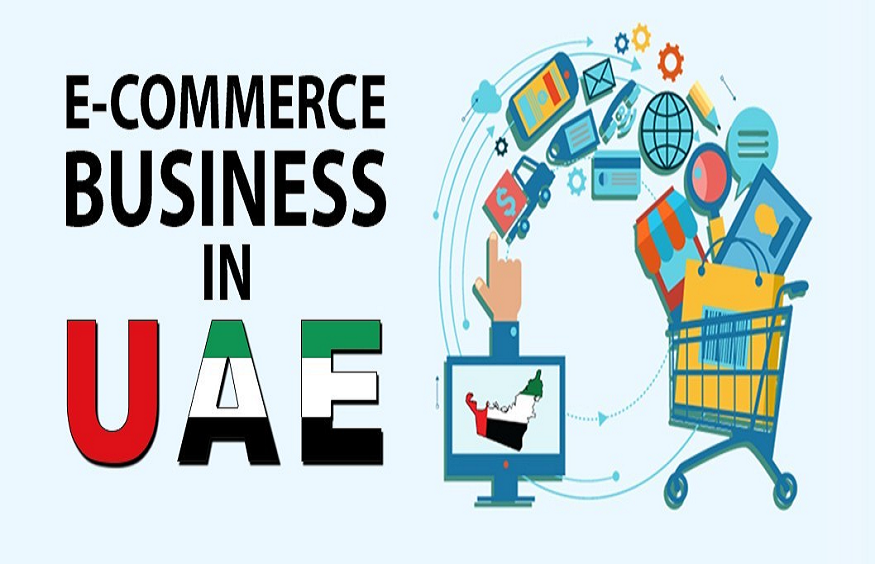The Impact of Local Consumer Behavior on Your Ecommerce Strategy in UAE

The ecommerce landscape in the UAE has been growing at an unprecedented rate, driven by a tech-savvy population, high internet penetration, and a preference for online shopping. As more businesses venture into this dynamic market, understanding local consumer behavior becomes crucial in shaping a successful ecommerce strategy. For those looking to obtain an ecommerce license, recognizing these behavioral trends can provide valuable insights that can help your business thrive.
1. Cultural Preferences and Shopping Habits
Consumer behavior in the UAE is deeply influenced by cultural norms and traditions. Many shoppers prioritize products that align with their cultural values, such as halal-certified goods and modest fashion. Understanding these preferences is essential for businesses aiming to tailor their product offerings to the local market. When applying for an ecommerce license, it’s important to consider how your product lineup can resonate with these cultural preferences, thereby enhancing your brand’s appeal to local consumers.
Moreover, shopping habits in the UAE tend to differ from those in Western markets. For example, UAE consumers often prefer to shop during evening hours, particularly during Ramadan, when daily schedules shift to accommodate fasting. Being aware of such habits can help businesses optimize their marketing strategies, ensuring that promotions and product launches occur at the most opportune times.
2. The Importance of Mobile Commerce
The UAE boasts one of the highest smartphone penetration rates in the world, making mobile commerce a significant component of the ecommerce sector. A large portion of online transactions is conducted via mobile devices, which means that businesses must prioritize mobile optimization when developing their ecommerce platforms. When securing an ecommerce license, it’s vital to ensure that your website and apps are fully optimized for mobile use, providing a seamless and user-friendly experience that caters to the preferences of UAE consumers.
In addition, leveraging mobile-friendly payment options, such as digital wallets and contactless payments, can enhance convenience and boost customer satisfaction. By aligning your ecommerce strategy with the mobile-centric behavior of local consumers, you can increase conversion rates and foster brand loyalty.
3. Trust and Security Concerns
Trust plays a pivotal role in the purchasing decisions of UAE consumers. With the rise of online scams and data breaches, shoppers are increasingly cautious about where they spend their money. To build trust with local consumers, businesses must prioritize security features and transparent communication. Offering secure payment gateways, clearly stated return policies, and reliable customer support are all crucial elements in establishing trust.
When you apply for an ecommerce license, it’s essential to consider how your business will address these trust and security concerns. Investing in robust cybersecurity measures and obtaining certifications that reassure customers of their safety can significantly enhance your credibility in the market.
4. Personalization and Localized Marketing
UAE consumers value personalized shopping experiences that cater to their specific needs and preferences. Businesses that invest in data analytics to understand customer behavior and tailor their marketing efforts accordingly are more likely to succeed. Whether it’s personalized product recommendations or targeted email campaigns, a customized approach can make a significant difference in customer engagement and retention.
Additionally, localized marketing strategies that reflect the unique aspects of UAE culture can resonate more deeply with consumers. This could involve using Arabic in marketing materials, celebrating local holidays, or collaborating with regional influencers. When planning your ecommerce strategy after obtaining an ecommerce license, incorporating personalization and localization can help your brand stand out in a competitive market.
5. Sustainability and Ethical Consumption
Sustainability is becoming an increasingly important factor for consumers in the UAE. Shoppers are more conscious of the environmental impact of their purchases and are seeking out brands that demonstrate a commitment to sustainability. This trend is particularly strong among younger consumers, who are more likely to support businesses that align with their values.
For businesses holding an ecommerce license, integrating sustainability into your operations can be a powerful differentiator. This could involve offering eco-friendly products, reducing packaging waste, or supporting local charities. By aligning your ecommerce strategy with the growing demand for ethical consumption, you can attract a loyal customer base that values sustainability.
Conclusion
The success of your ecommerce business in the UAE largely depends on your ability to understand and adapt to local consumer behavior. From cultural preferences to mobile commerce and sustainability, these factors play a crucial role in shaping purchasing decisions. By obtaining an ecommerce license and crafting a strategy that aligns with the unique needs and values of UAE consumers, you can position your business for long-term success in this vibrant and rapidly evolving market.





